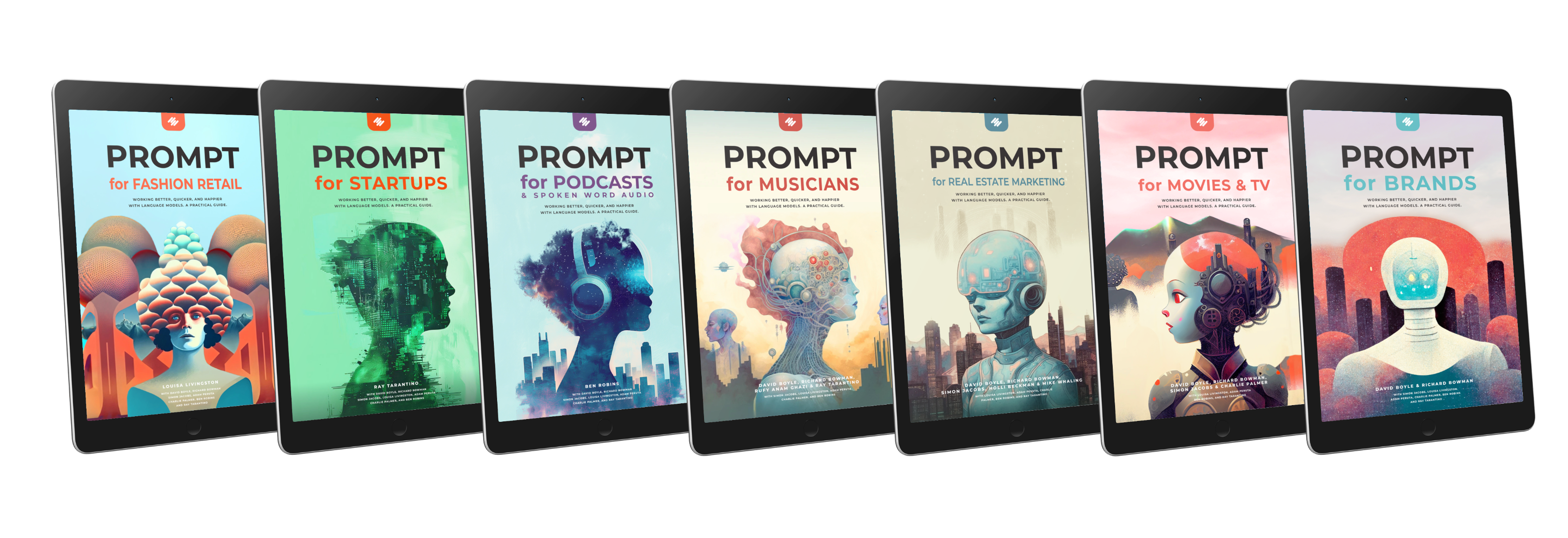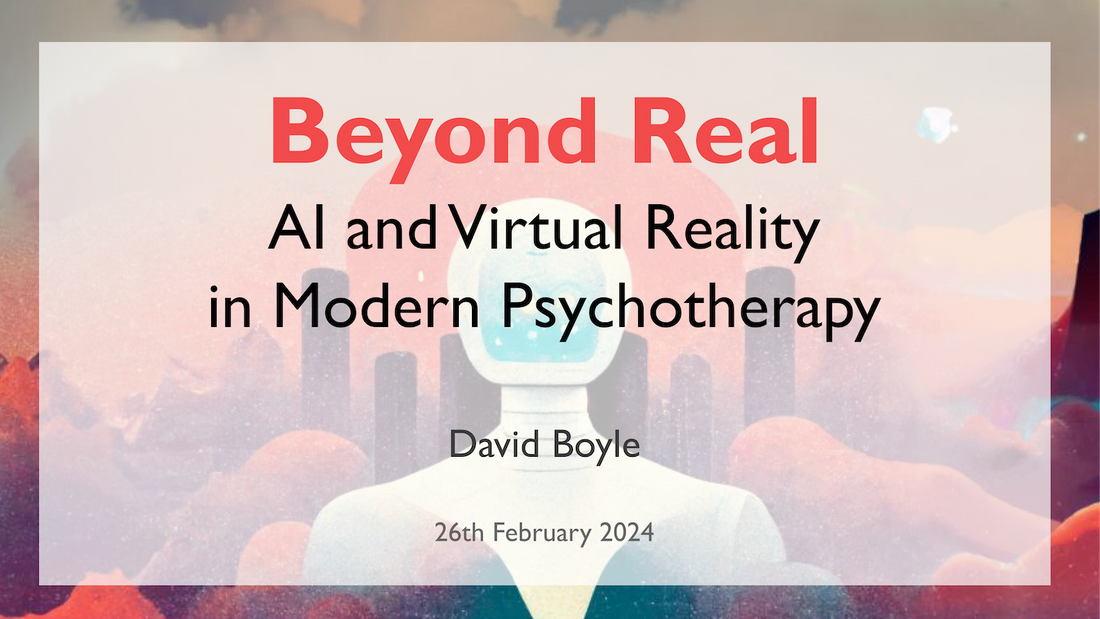As artificial intelligence (AI) becomes more integral to our lives, its influence is also reaching the field of therapy, introducing significant changes. A recent discussion we led for the Society for Existential Analysis on how AI is blending with therapeutic practices highlighted the complex effects of this technological shift. Drawing on F. Scott Fitzgerald's idea of holding two contradictory ideas simultaneously, this conversation shed light on the challenges and opportunities AI presents to both therapists and their clients.
The Promise of AI: A New Frontier in Therapy
The session opened with an examination of AI's transformative potential in therapy. AI, with its ability to sift through and analyze vast datasets, can offer insights into client behavior and therapy outcomes that were previously unimaginable. This capability is not just about crunching numbers; it's about uncovering patterns and preferences that can tailor therapy to the individual, enhancing both the efficiency and efficacy of treatment.
Beyond individual sessions, AI's reach extends to making mental health support more accessible. Therapeutic chatbots and online platforms, powered by AI, promise a level of support outside traditional therapy hours, offering a lifeline to those who might otherwise remain isolated.
The Cautionary Tales: Navigating the Pitfalls
However, this bright future is not without its shadows. The session did not shy away from the thorny issues of privacy and the irreplaceable value of human connection. In an age where data breaches are all too common, the use of AI in therapy raises significant concerns about client confidentiality. Moreover, there's a profound agreement that, despite AI's advances, it cannot replicate the depth of human empathy and understanding. The therapist-client relationship, built on trust and nuanced communication, remains central to effective therapy.
Balancing the Paradox: A Path Forward
The discussion then moved to the crux of the matter: How do we balance these opposing forces—the potential and the pitfalls of AI in therapy? The answer lies in a dual approach that embraces both innovation and critical scrutiny.
- Critical Engagement: Therapists are encouraged to engage critically with AI, not as passive recipients but as active evaluators of its role and impact in therapy. This includes a commitment to staying informed about AI developments and their ethical implications.
- Ethical Considerations: Ethical practice must be at the forefront of integrating AI into therapy. This encompasses everything from ensuring informed consent to vigilantly protecting client data and being aware of the biases that AI may introduce.
- Continuous Learning: The field of AI is in constant flux, necessitating an ongoing commitment to learning. By staying abreast of new technologies, therapists can adapt their practices in ways that align with their professional values and the needs of their clients.
The Dual Capacity to Embrace and Critique
The session underscored the importance of openness to innovation, tempered by a healthy skepticism. By questioning and critically examining the use of AI, therapists can navigate its integration into their practice thoughtfully and ethically. This approach doesn't just safeguard the therapeutic process; it enriches it, ensuring that AI serves as a complement to, rather than a replacement for, the human element in therapy.
Conclusion: A Future Built on Paradox
The future of therapy in the age of AI is not a straightforward narrative of technological triumph. It is a complex story, requiring therapists to navigate the delicate balance between embracing AI's potential and rigorously evaluating its impact. By embodying the ability to hold two opposed ideas simultaneously — the excitement for AI's possibilities and the caution its implications demand — therapists can forge a path that leverages AI to enhance the therapeutic journey without losing sight of the human heart at its core.
This exploration of AI in therapy is more than an academic exercise; it's a practical guide for navigating the evolving landscape of mental health care. It's a call to embrace the paradox, recognizing that in the tension between opposing ideas lies the potential for profound growth and understanding.
The slides from the talk are here. We'll share the video when it is available.

